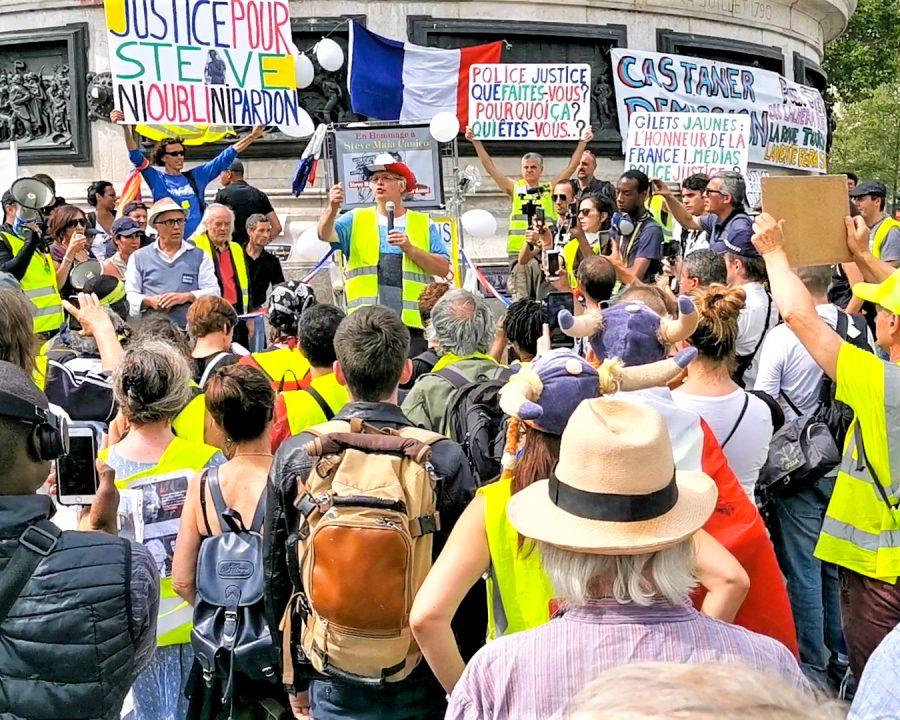Millions of Muslim women and girls across the globe choose to cover their hair and wear a hijab for religious reasons. For French Muslims, that may be about to change.
On Tuesday, March 30, the French Parliament voted to ban the wearing of the hijab for girls under the age of 18 in public places, and for Muslim mothers who wear the hijab to not be able to accompany their children on school trips. Outrage over the decision hit social media and has sparked massive criticism over the French Senate’s decision to ban the hijab.
The ban was introduced as part of the Separatism Bill, a bill that “plans to crack down on online hate speech and foreign funding of religious groups.”
According to EuroNews, “Officially named the draft bill ‘reinforcing republican principles,’ the legislation aims to give the country the means to fight Islamic radicalism but has been criticized for stigmatizing the Muslim Community.”
For the ban to pass into law, it must be confirmed by the French National Assembly.
The ban on the hijab for girls under 18 is not the first of its kind. In 2004, France banned veils in public schools. In 2010, the banning of face veils in public came into effect throughout the country.
France is not the only country to have banned the burqa and niqab (both are Islamic veils that cover the face). Sri Lanka is looking to ban the burqa, and Switzerland has already passed legislation banning the burqa, but unlike these two countries, France is pushing for the banning of the hijab.
Many Muslim women begin covering their hair once they hit puberty. Major criticism over the ruling points out that the age of consent for sex in France is 15, and if the ruling passes, then the age of consent for sex will be lower than the age at women will be able to choose to wear the hijab.
The ban in France would also include women not being able to wear burkinis—full coverage swimsuits that Muslim women wear to go swimming—in public pools.
According to Unilad, “French senators who voted in favour of these rules believe the so-called anti-separation bill will prohibit ‘conspicuous religious sign by minors and of any dress or clothing which would signify an inferiorization of women over men’ being worn in public spaces.”
French right-wing senator, Bruno Retailleau talked about the hijab and burkini being “sexist,” and a “marker of the submission of women.”
Amnesty International, a non-governmental organization headquartered in the U.K. that focuses on human rights, spoke out against the ban.
Marco Perolini, the organization’s Europe researcher, said “Time and again we have seen the French authorities use the vague and ill-defined concept of ‘radicalisation’ or ‘radical Islam’ to justify the imposition of measures without valid grounds, which risks leading to discrimination in its application against Muslims and other minority groups.”
Sacha Houlie, a French lawyer and National Assembly member, “warned about how the ban would be counterproductive” and, according to Vogue, “could cause some Muslims to further withdraw from society.”
The ban not only affects French Muslim women, but also Muslim women who travel to the country for vacations or shopping sprees.
Outrage over the French senate’s decision sparked across multiple social media platforms after the decision. Many people tweeted and sent messages on WhatsApp criticizing the decision to ban the hijab, and many have retweeted responses from Islamic activists across the globe.





















































